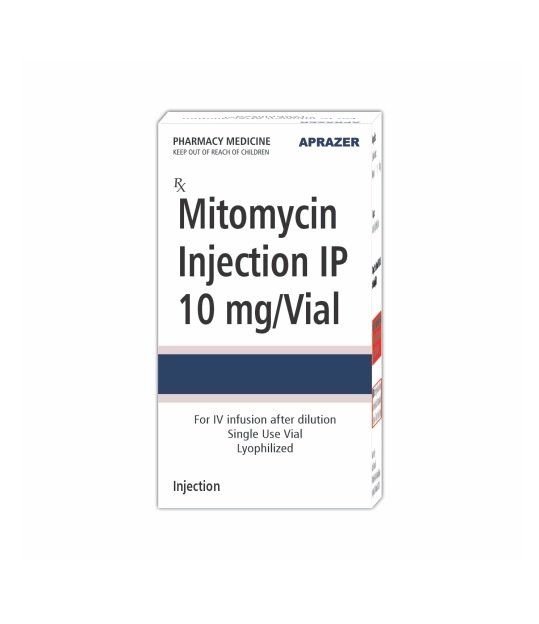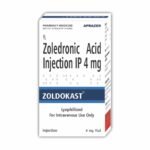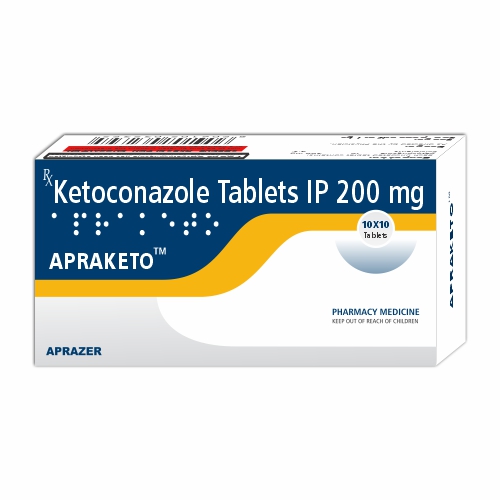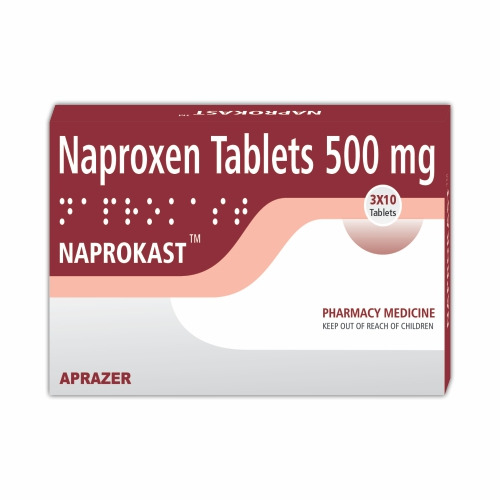MITOMYCIN
Mitomycin -10mg
Thank you for your enquiry. We will get back to you shortly!
Description
Mitomycin
Composition: Mitomycin – 10 mg
Classification: Antineoplastic
Proven Efficacy, Global Acceptance
Mitomycin, driven out of proven scientific formula, is widely accepted by world-leading oncologists for affordable and effective anti cancer medicine used against several cancers.
Aprazer: A Trusted Name in Oncology
Aprazer healthcare is the leading name in oncology, manufacturing world-standard anti cancer medicines.
The leading oncology exporter that develops affordable advanced care therapeutics.
It supplies to 50 + countries.
WHO-GMP certified, assured therapeutic efficacy and safety.
What is Mitomycin?
Mitomycin is an anticancer medicine used to treat various cancers.
It is used alone or in combination as a chemotherapy agent .
Uses of Mitomycin
- • Gastrointestinal cancers
- • Blood cancer
- • Breast cancer
- • Pancreatic cancer
- • Cancers of the uterus (urinary bladder)
How does it work?
Mitomycin causes cancer cell death by cross-linking DNA strands, inhibiting DNA replication, and multiplication.
Common Side Effects
- • Nausea
- • Mouth ulcers
- • Low blood count
- • Risk of infections
- • Diarrhea
- • Loss of appetite
- • Weakness
- • Local tissue necrosis
Serious Side Effects
- • Pulmonary fibrosis – dry cough, shortness of breath
- • Renal toxicity – increased creatinine, proteinuria
- • Hepatic toxicity
- • Hemolytic uremic syndrome
Precautions
To be cautiously used in:
- • Renal disorders
- • Hepatic disorders
- • People with pulmonary fibrosis or pneumonitis
- • Elderly patients
- • Avoid combining with other myelosuppressant drugs
- • Bleeding disorders
- • Severe infections
Contraindications
- • Not to be used if any previous allergy or hypersensitivity to Mitomycin or any excipients.
- • Breastfeeding mothers
- • Pregnant women
Warning
To be used under the supervision of a medical practitioner or oncology specialist, having adequate diagnostic and monitoring facilities.
Important Safety and Monitoring Information
Monitor the following regularly:
- • Total blood count
- • Renal functions
- • Pulmonary functions
- • Hepatic functions
Storage
It should be stored at 2-8 degrees Celsius, protected from light.
Administration Instructions
- • To be administered as a slow IV infusion.
- • Avoid IV push or rapid bolus.
- • To be used immediately after reconstitution.







